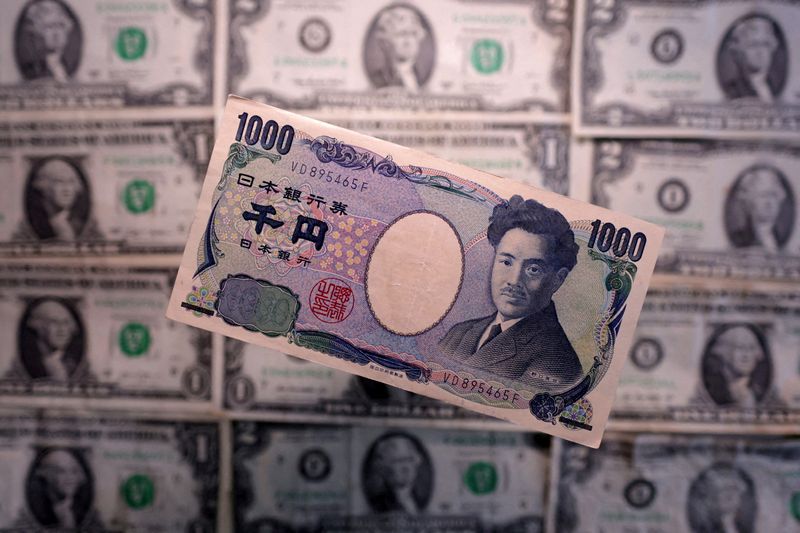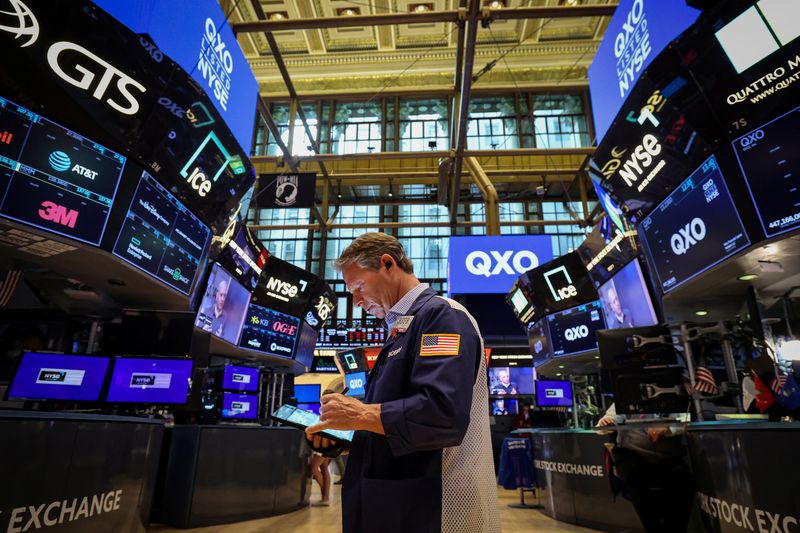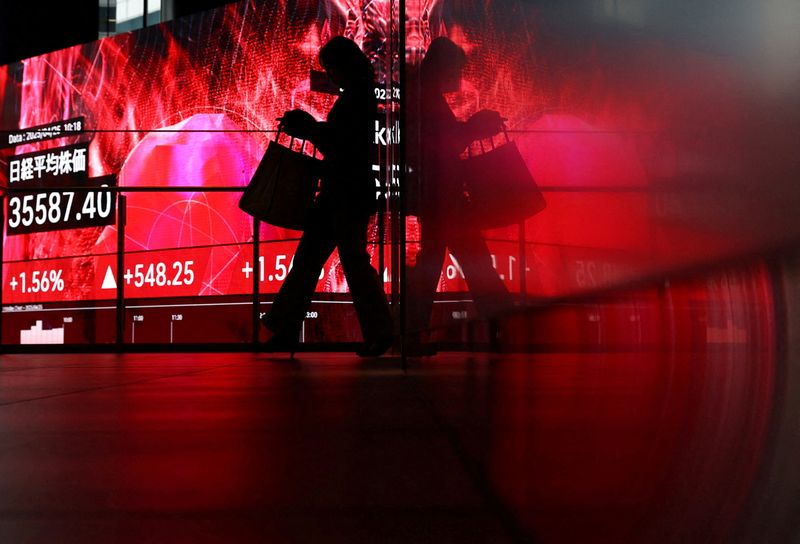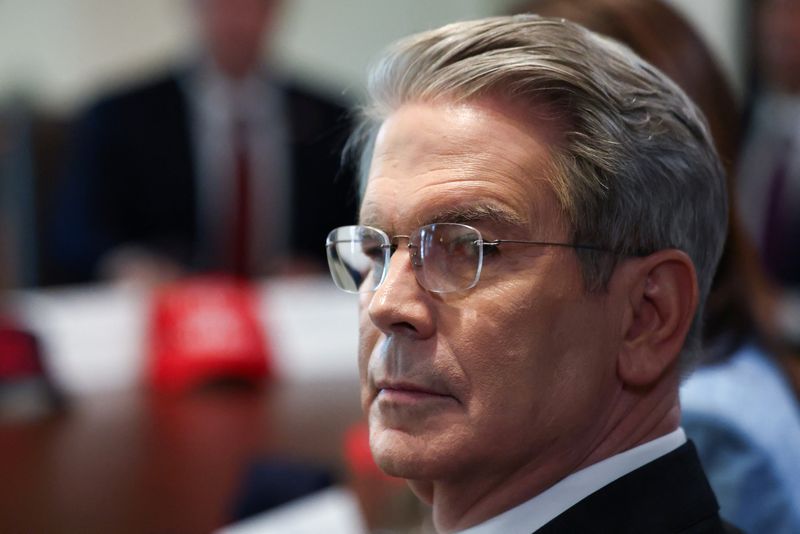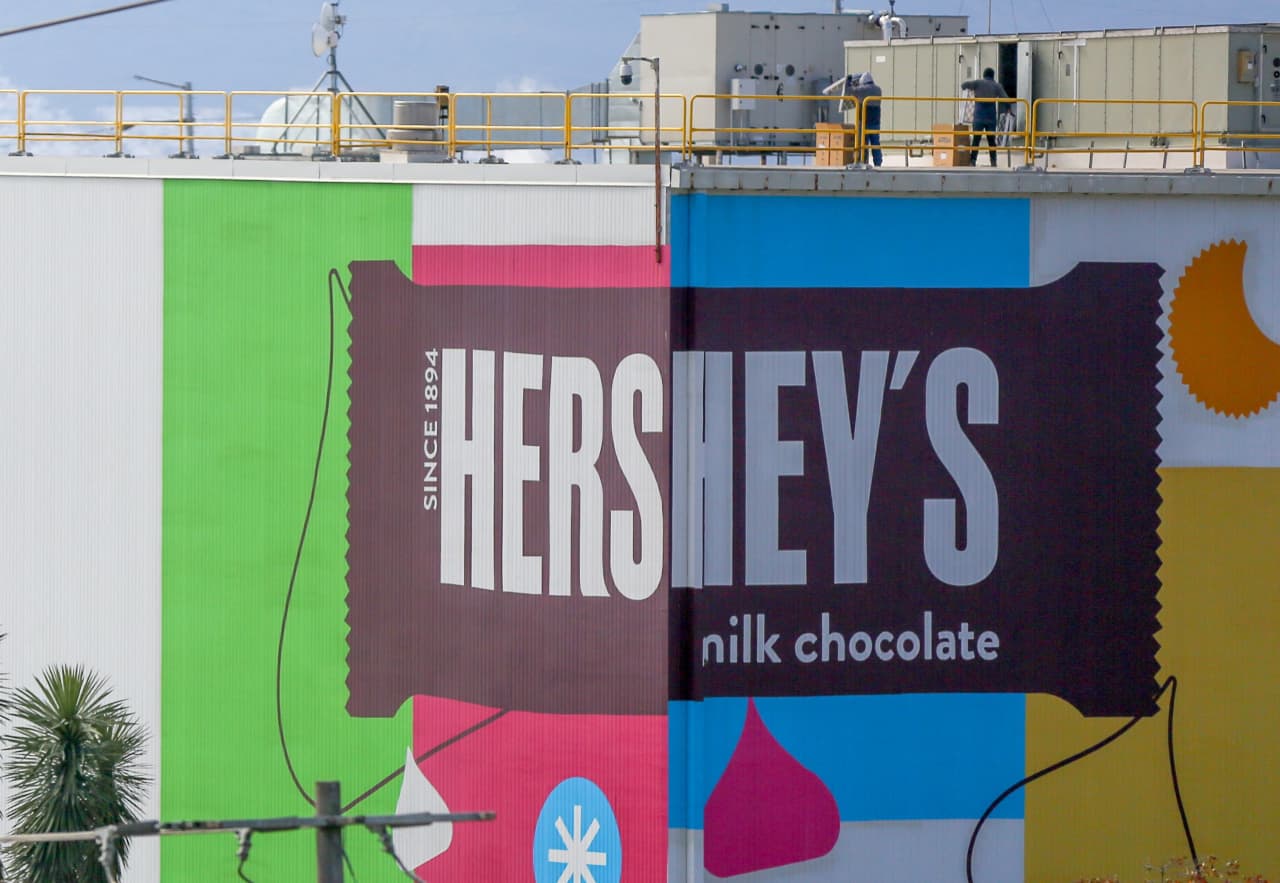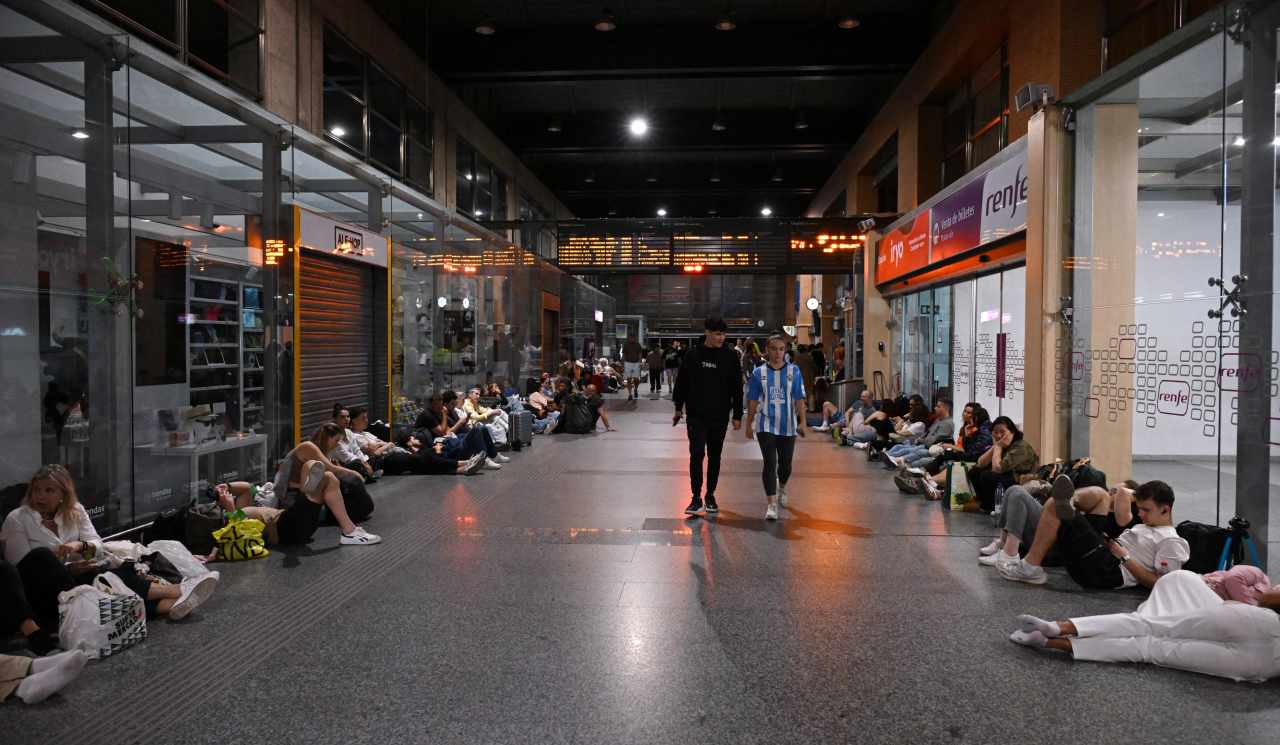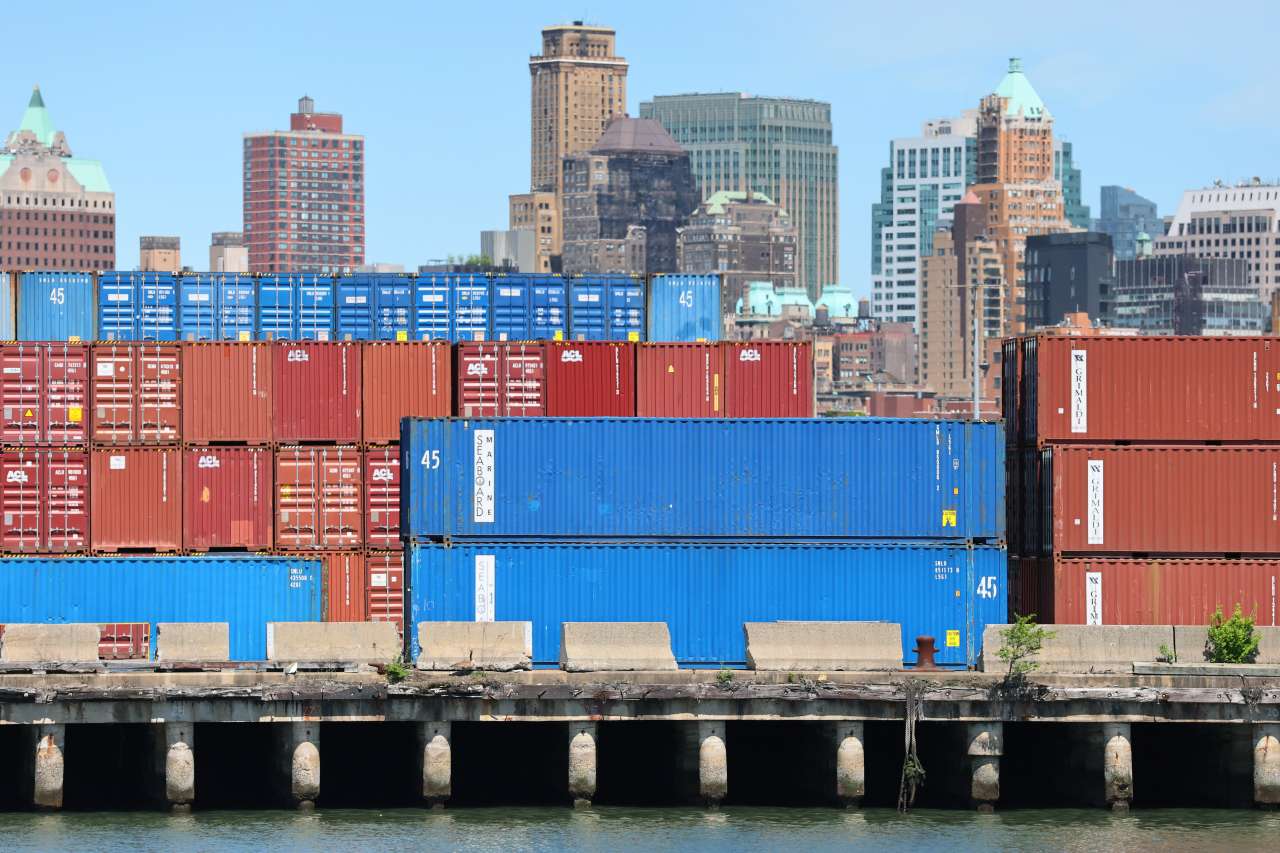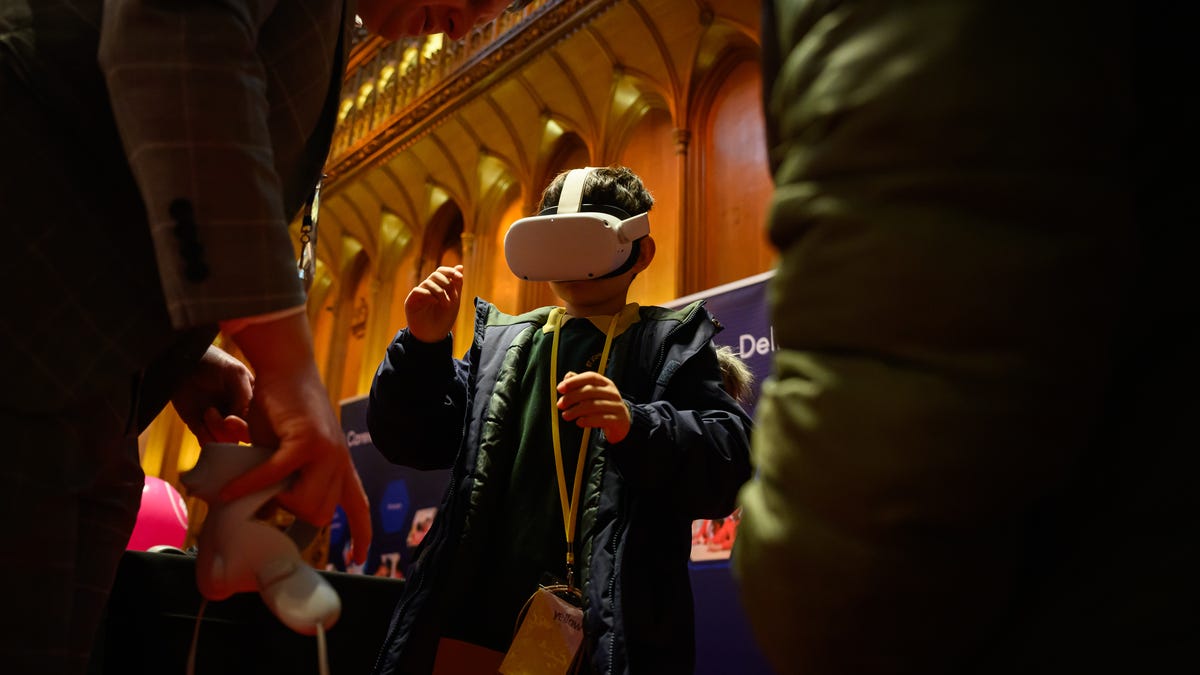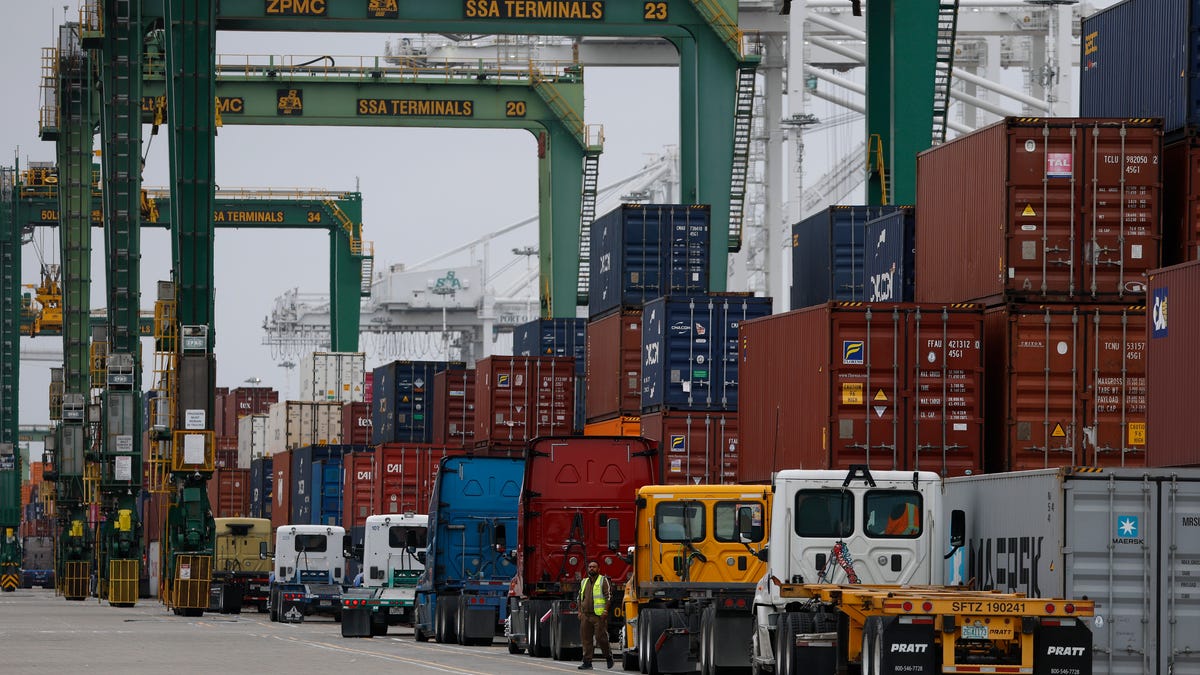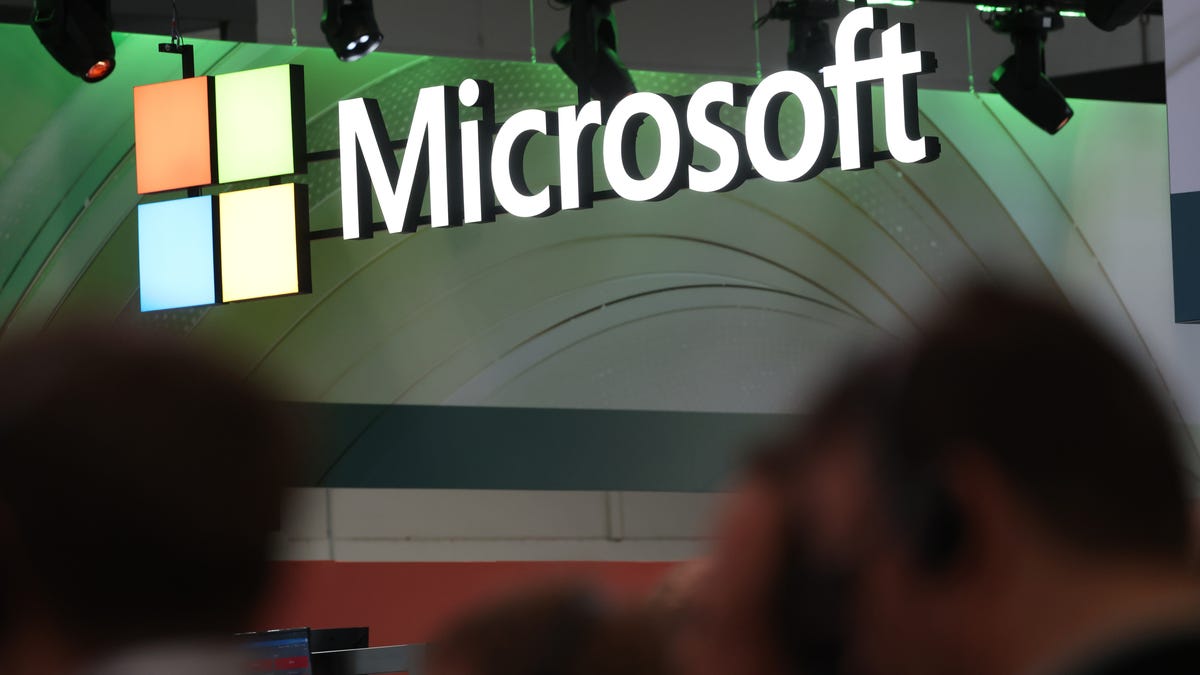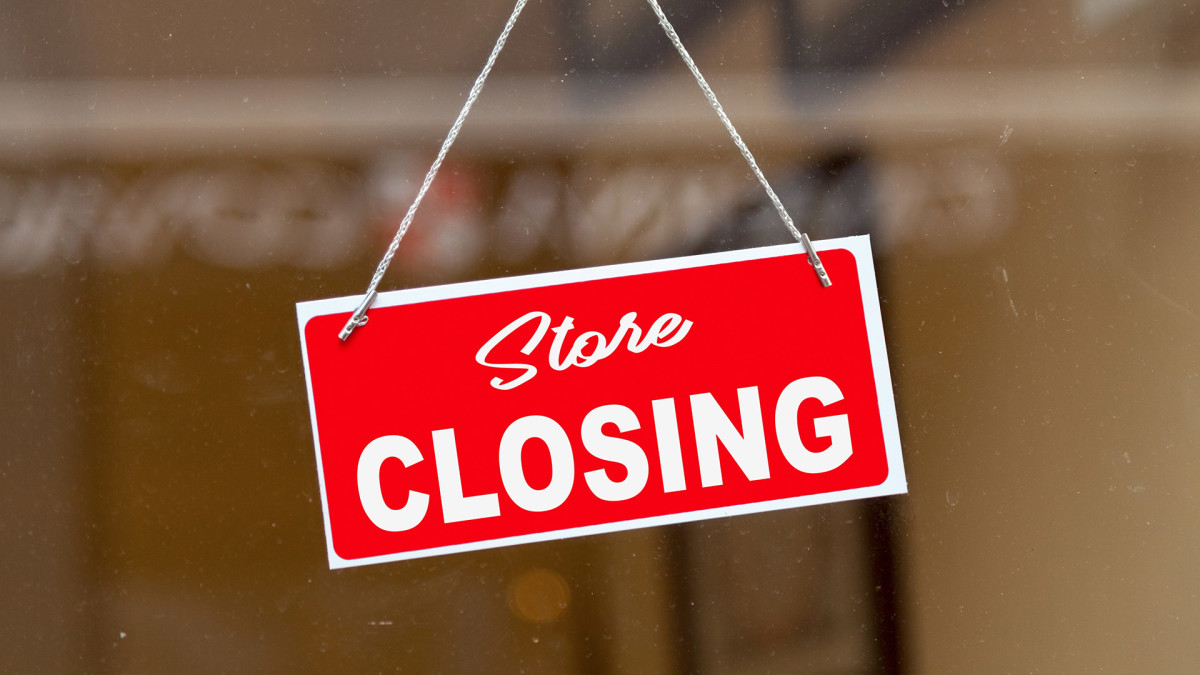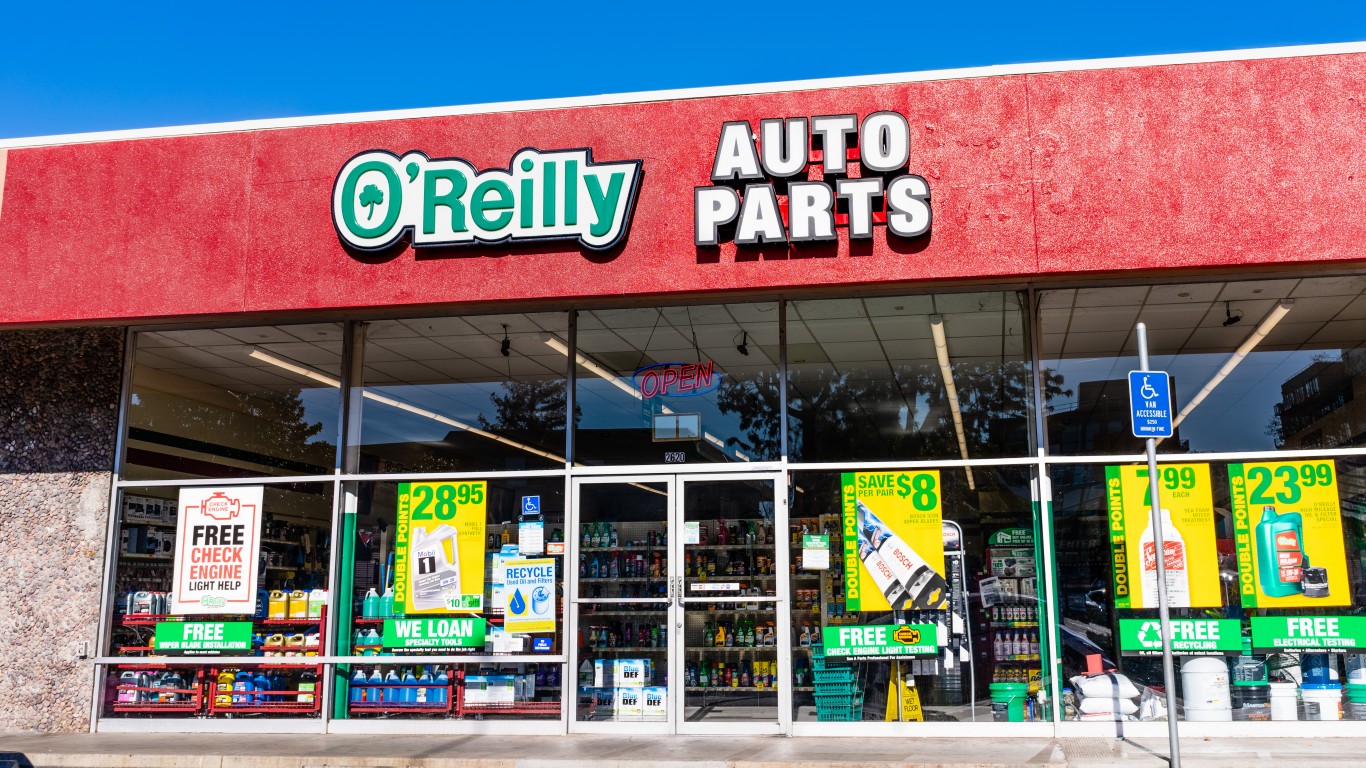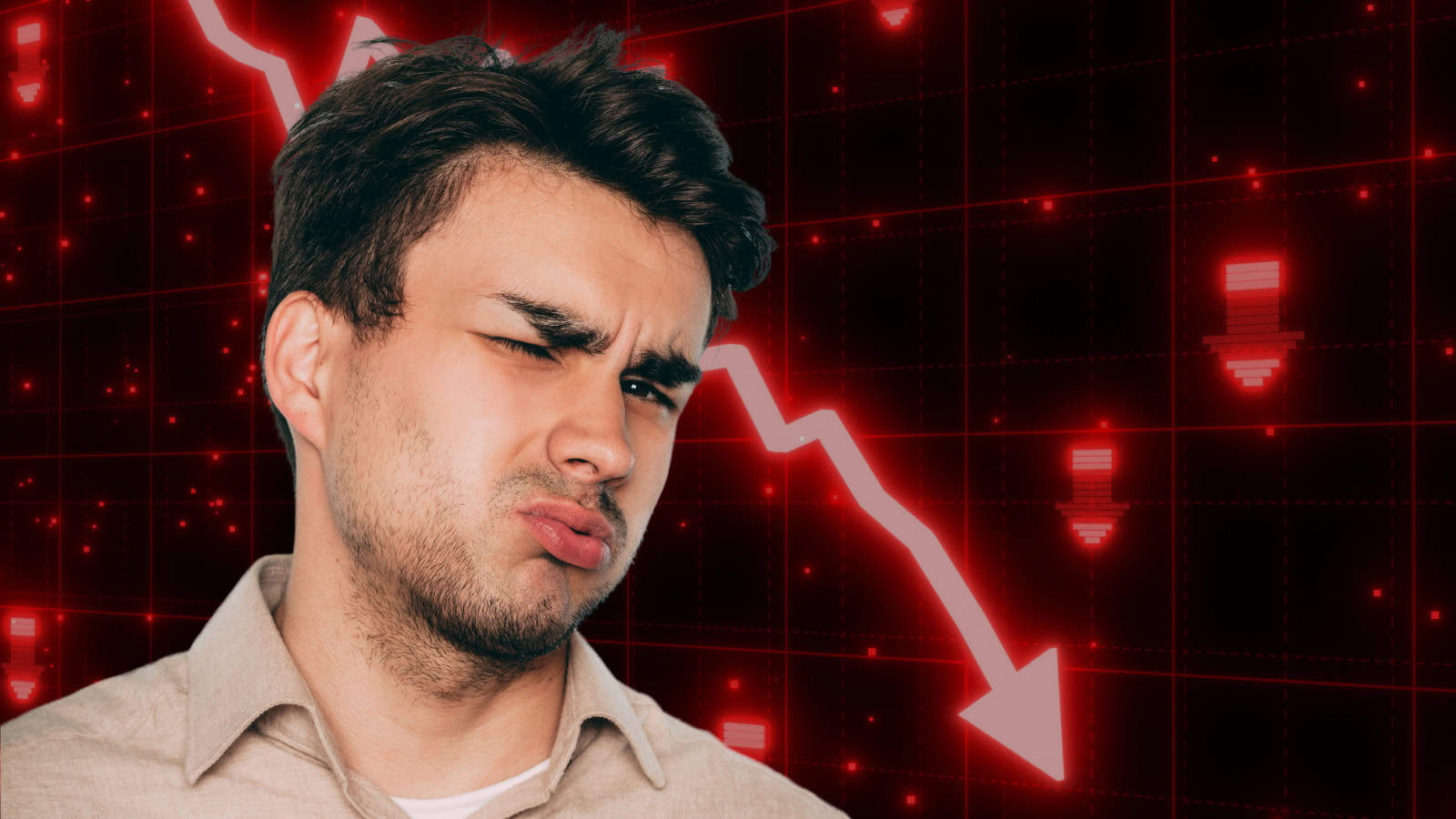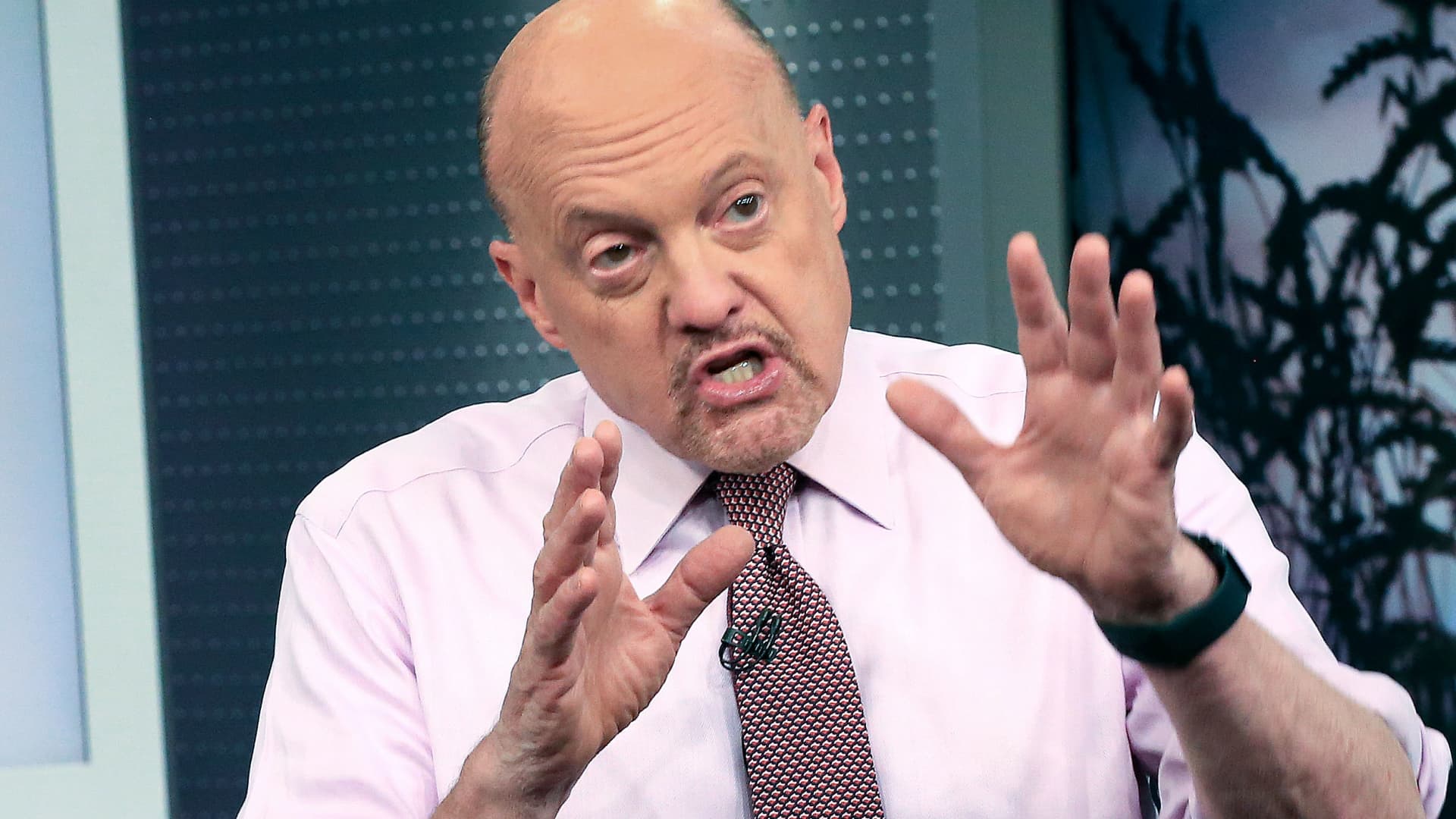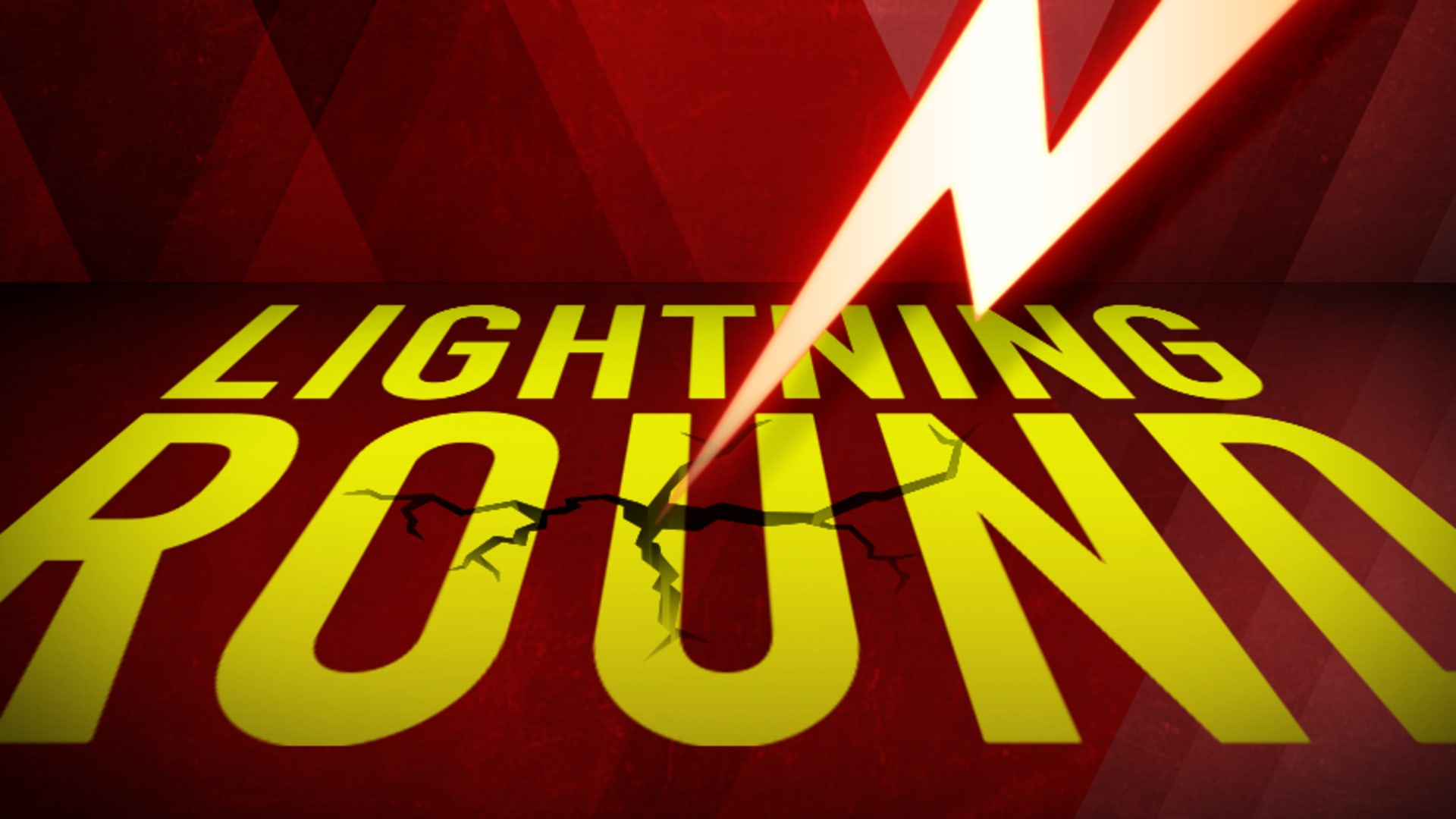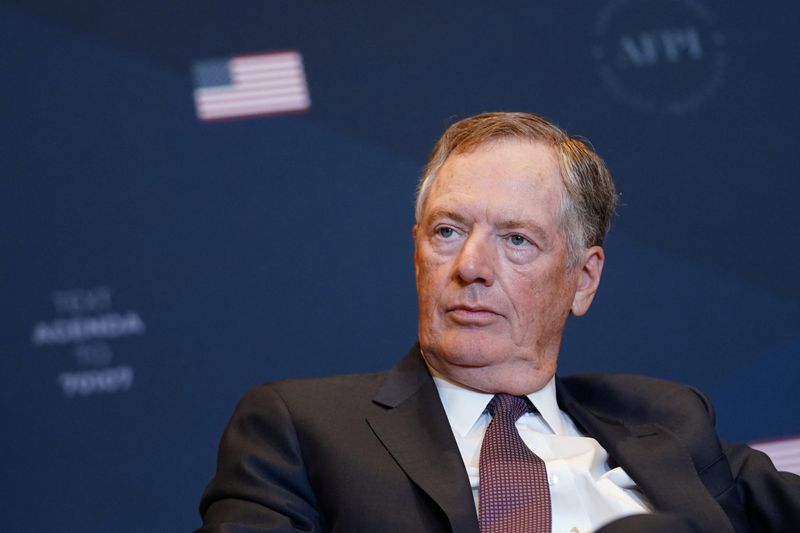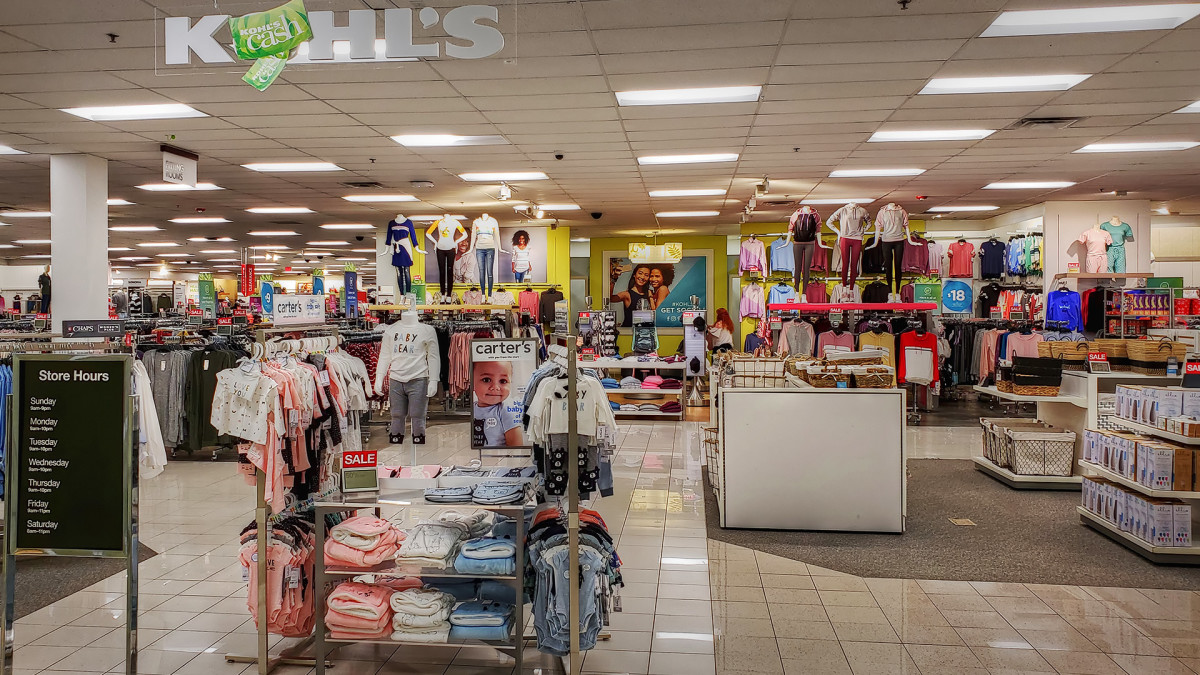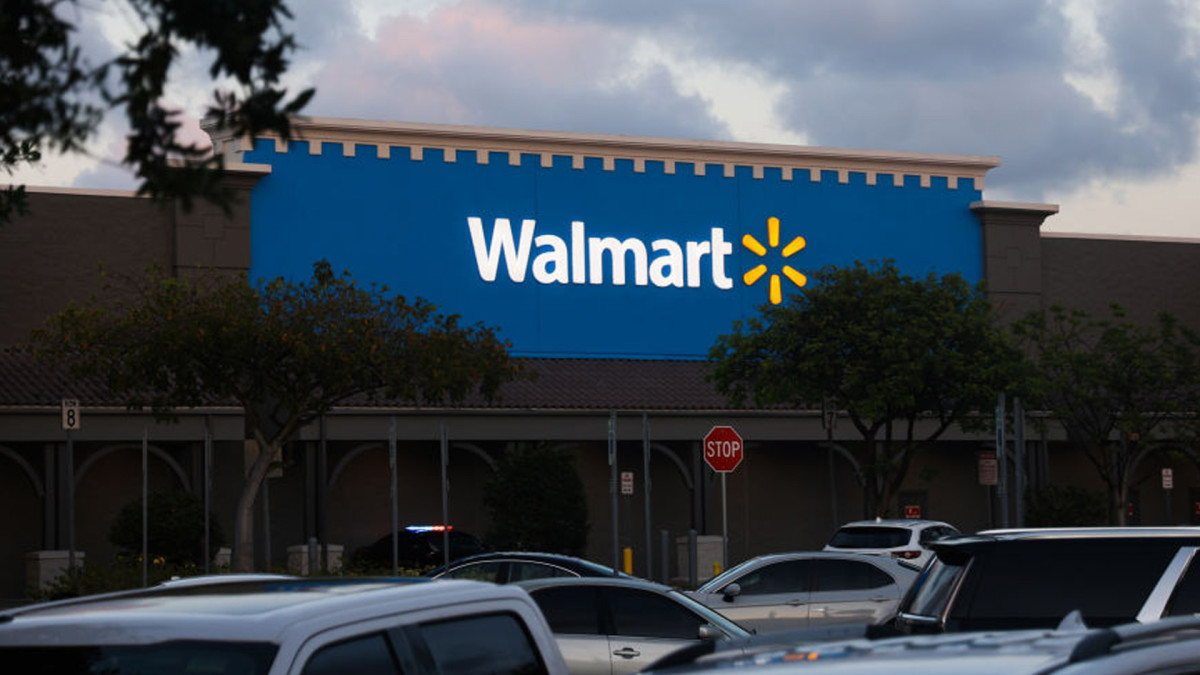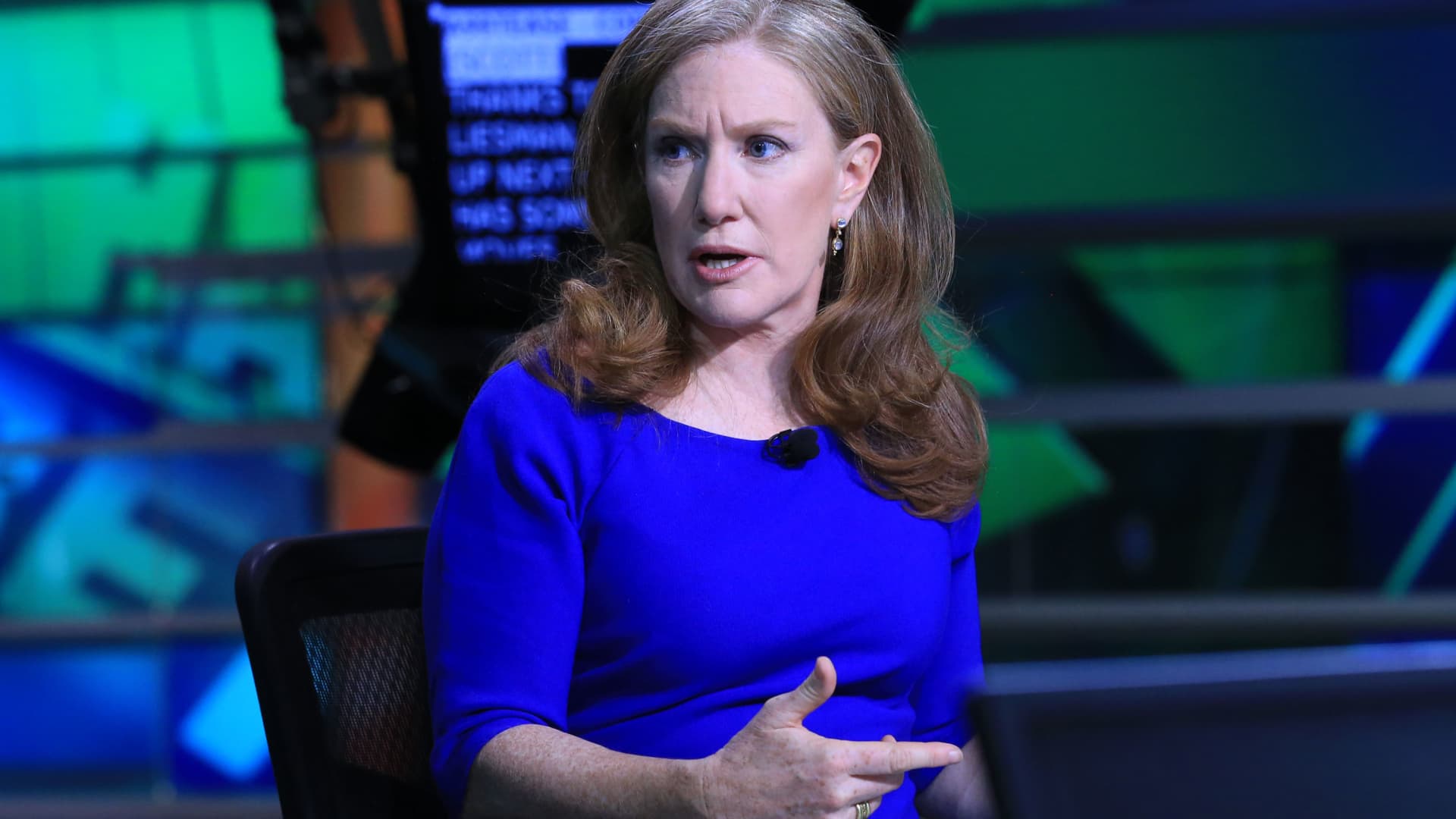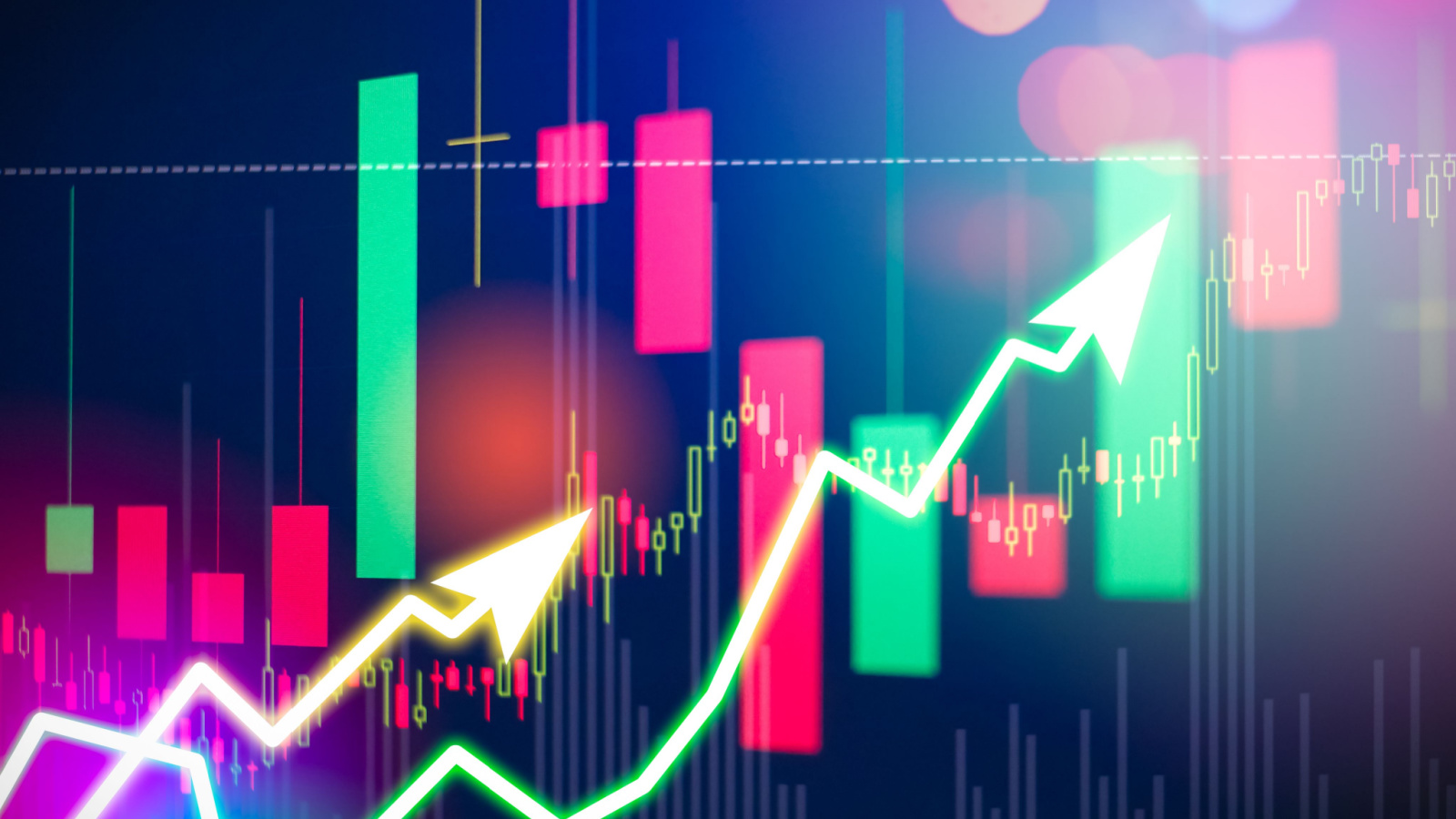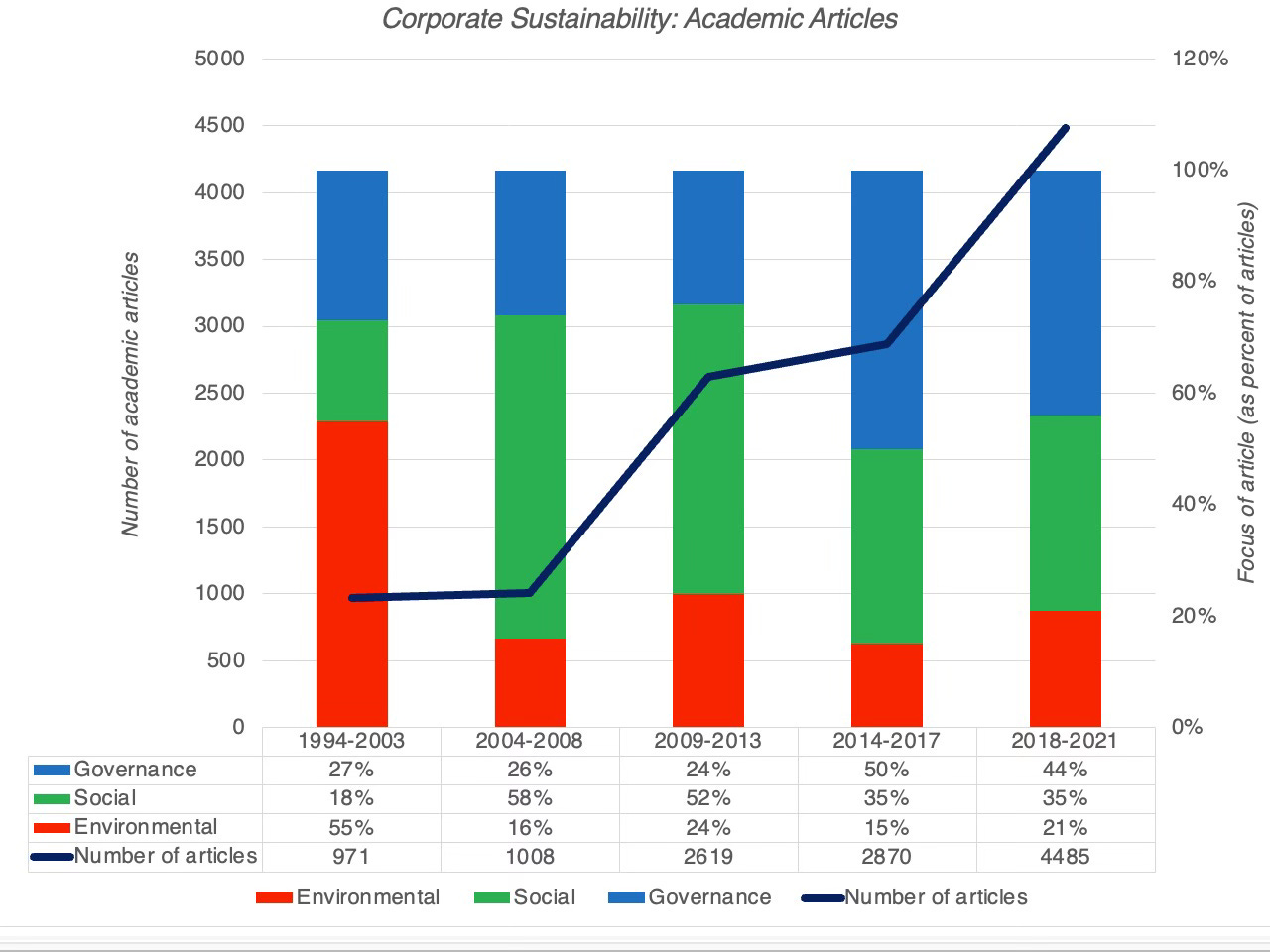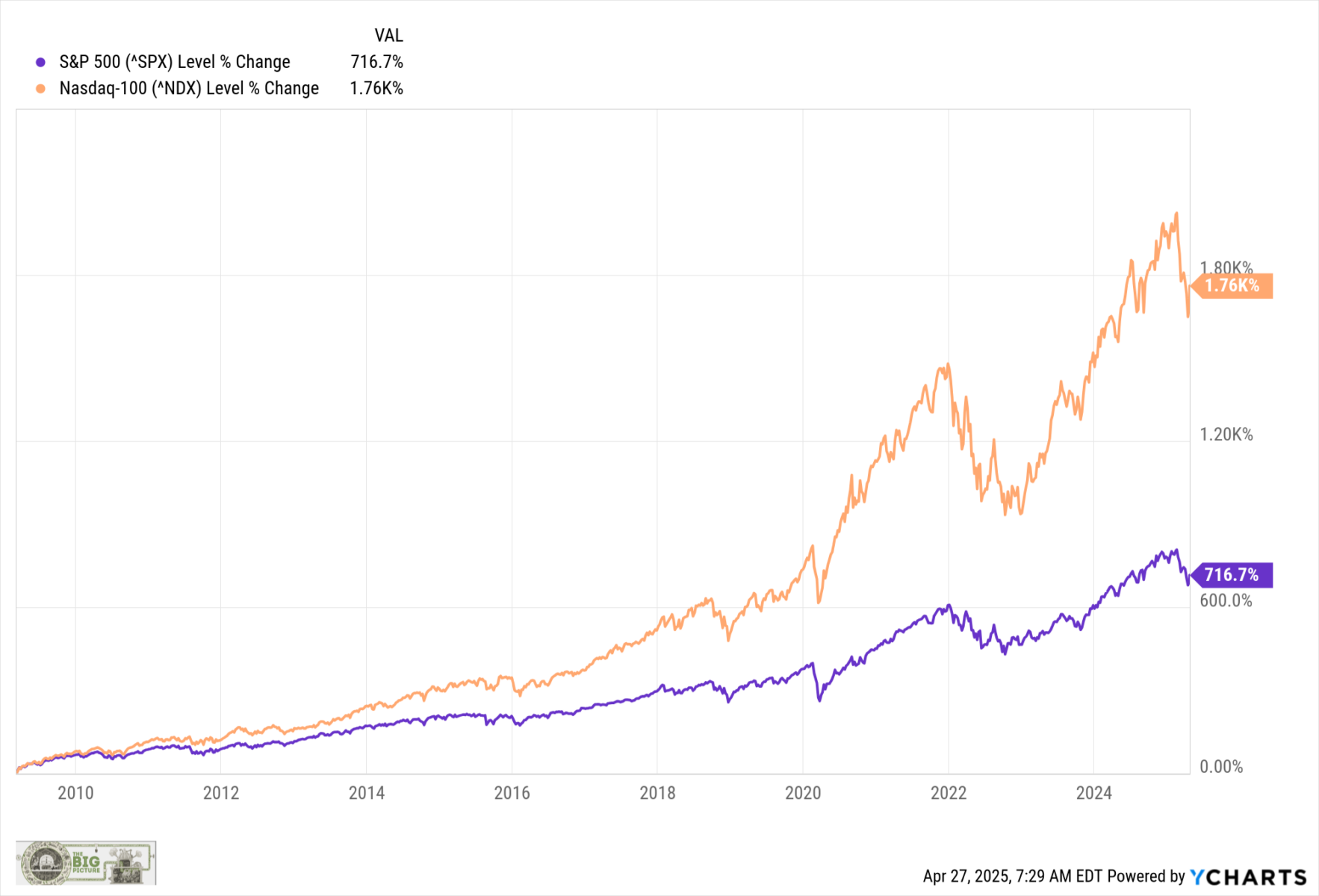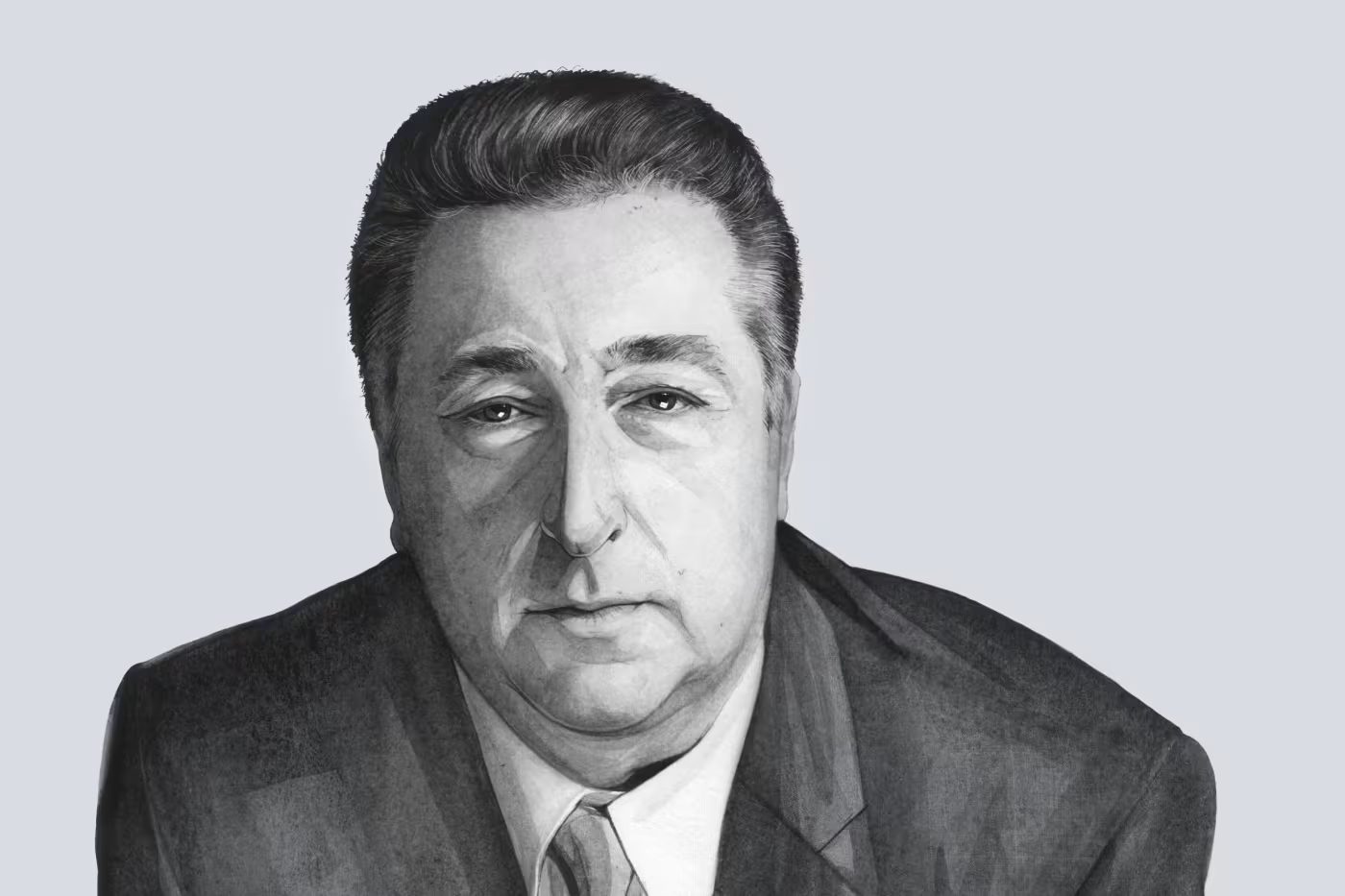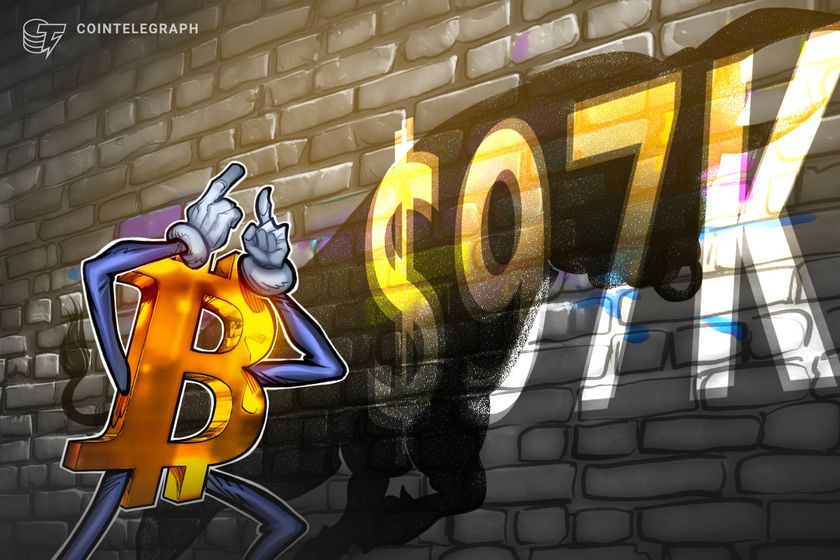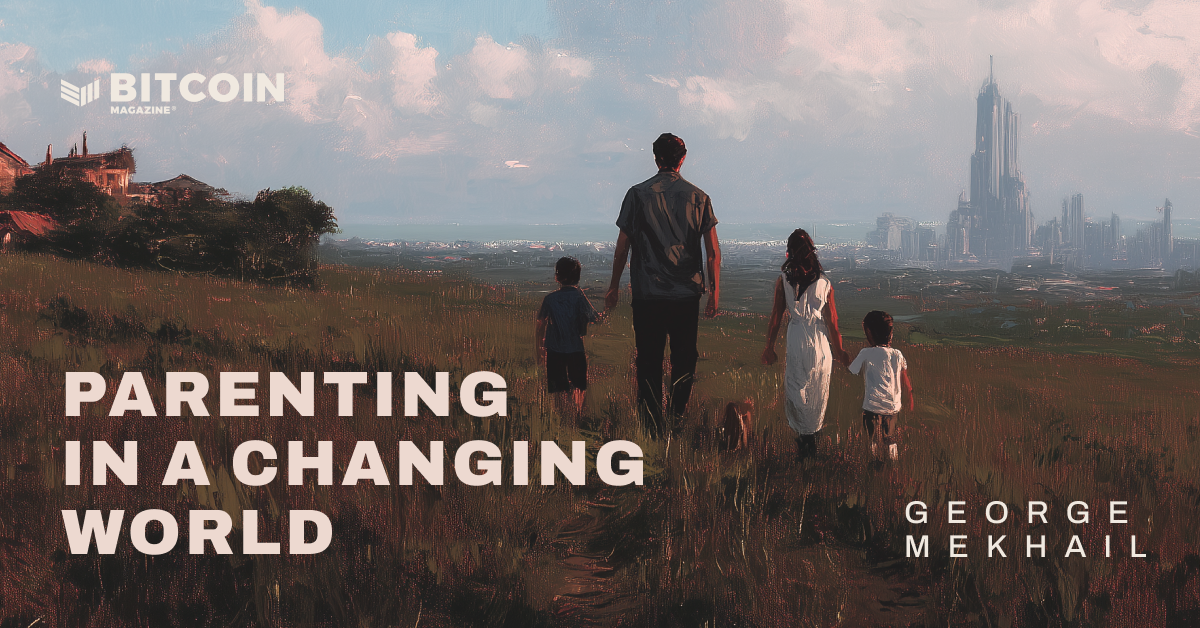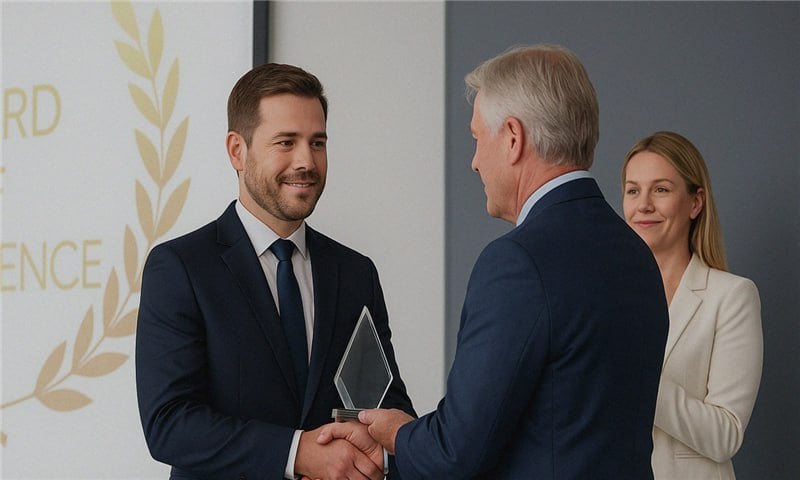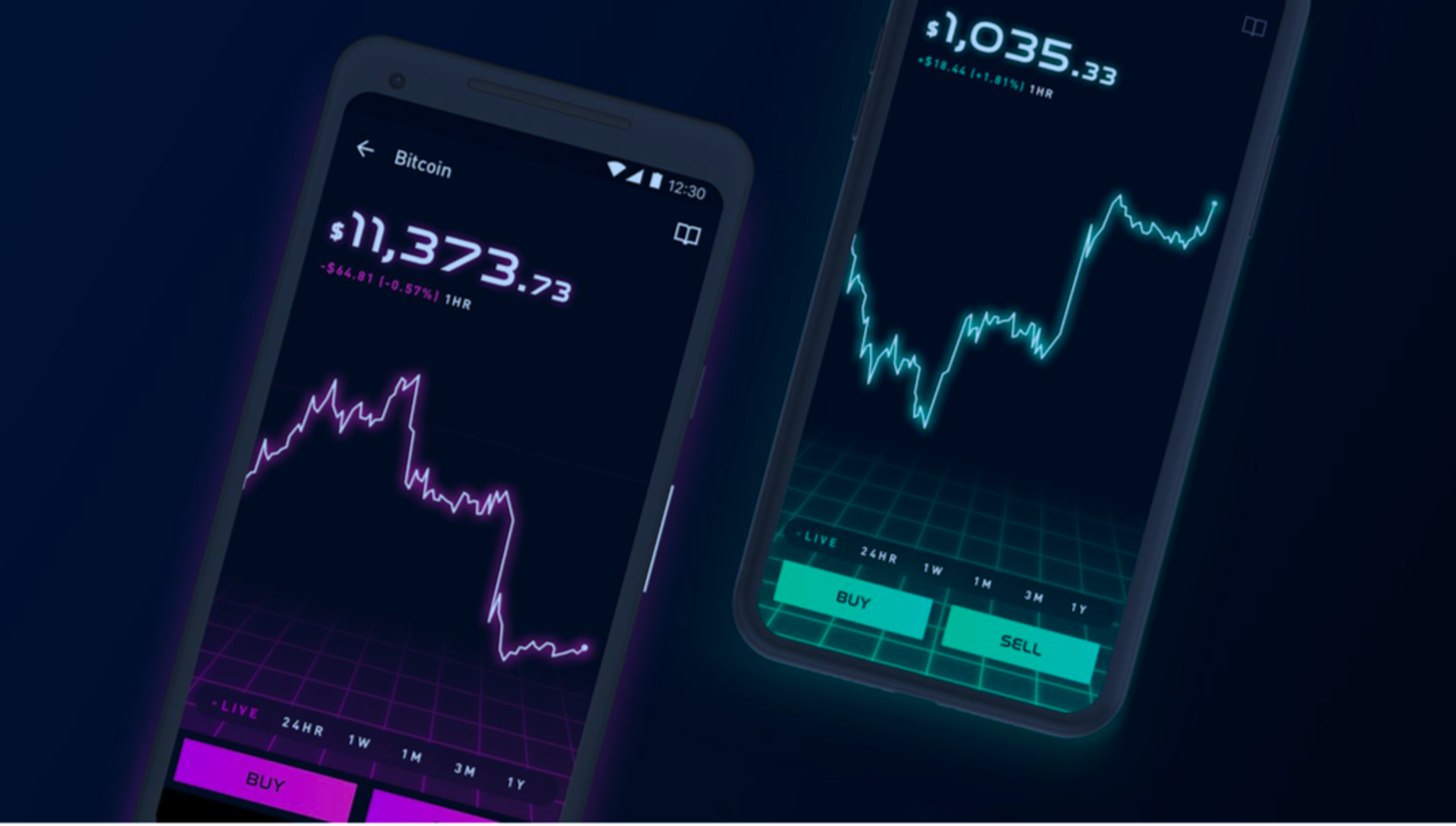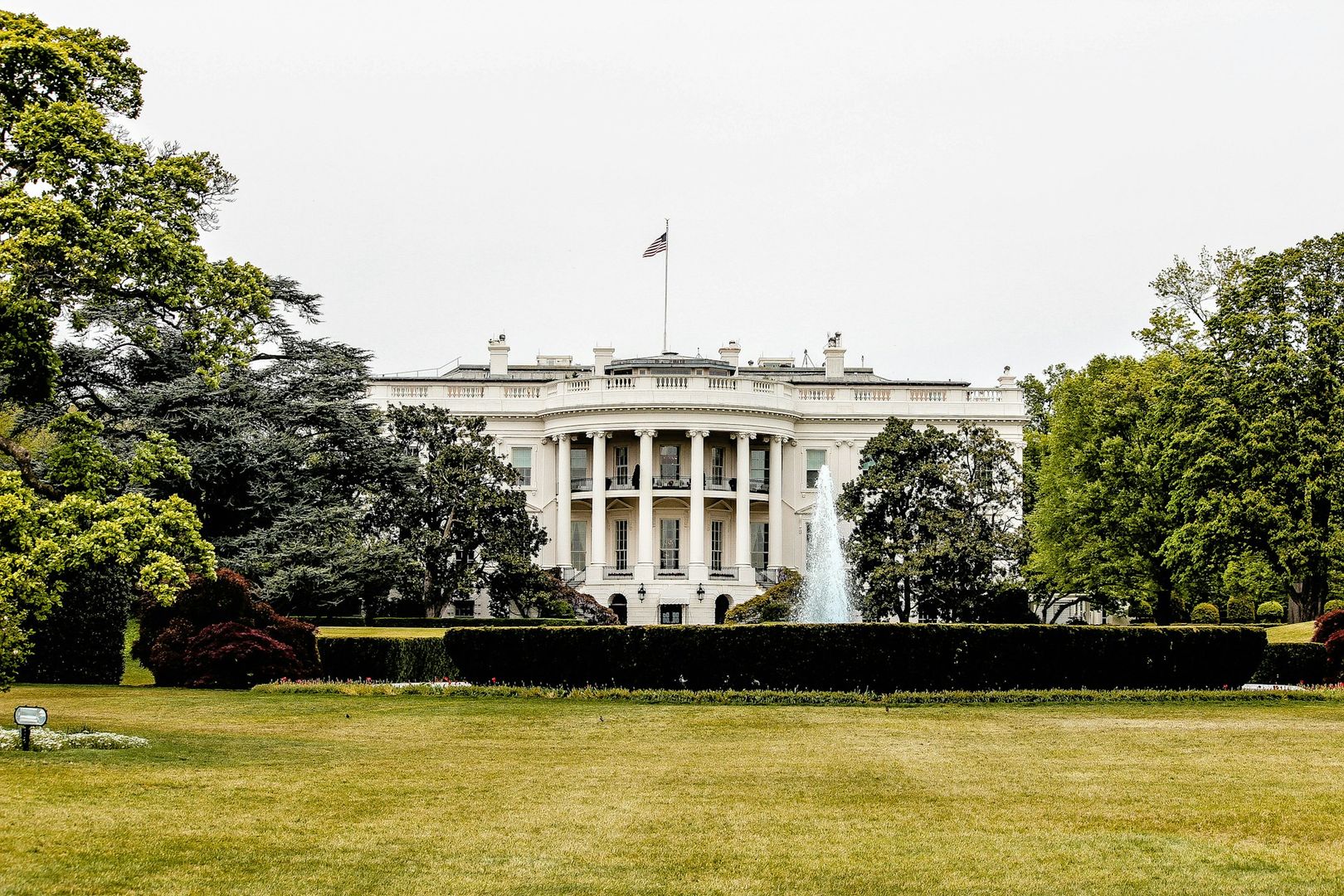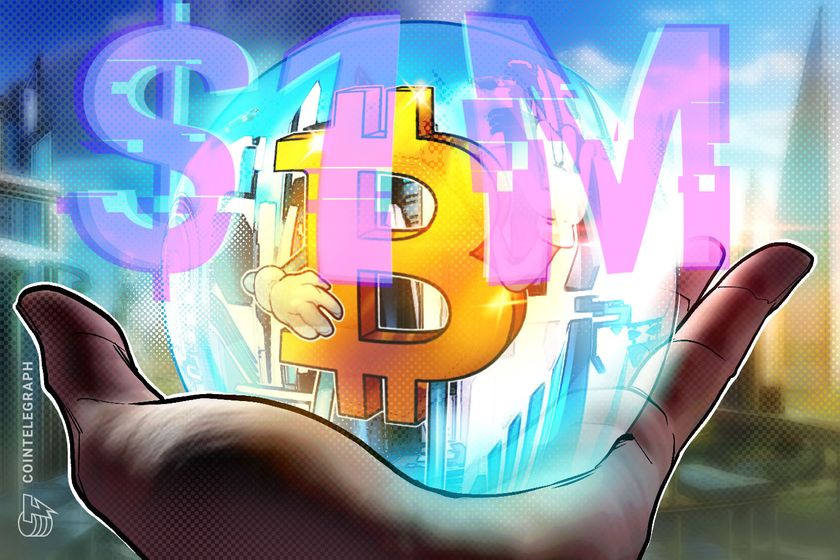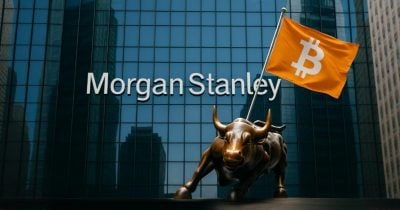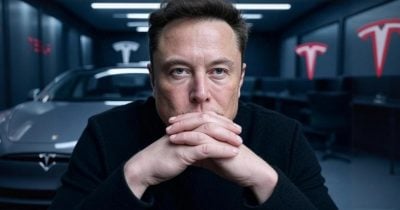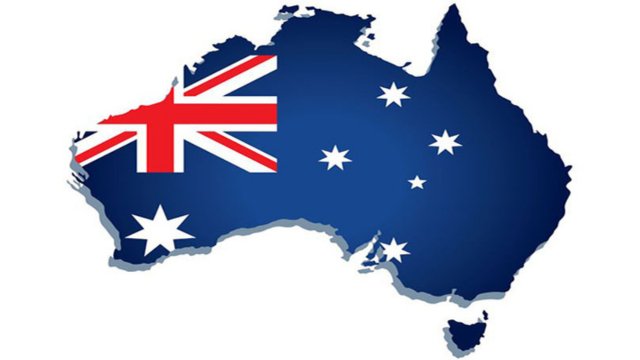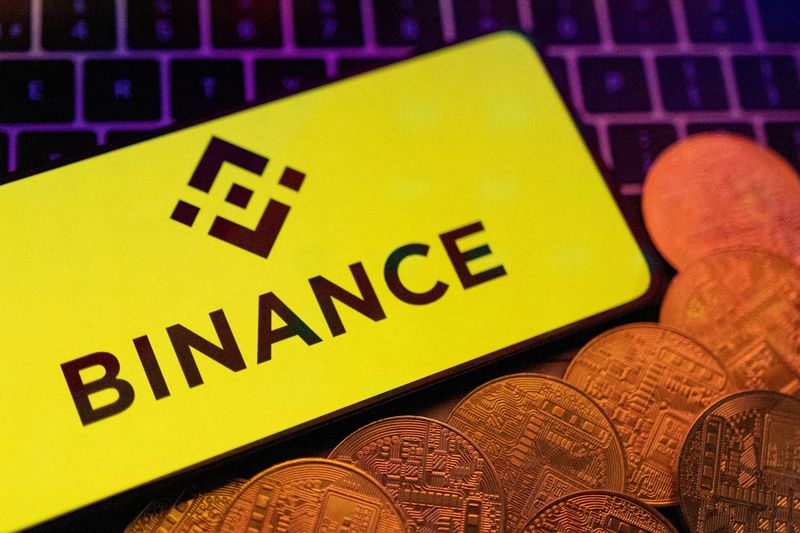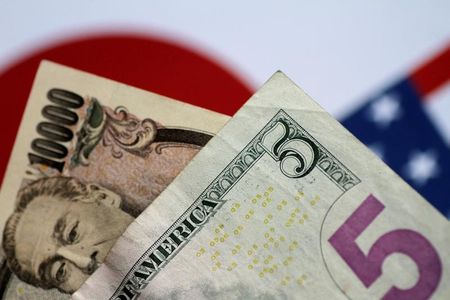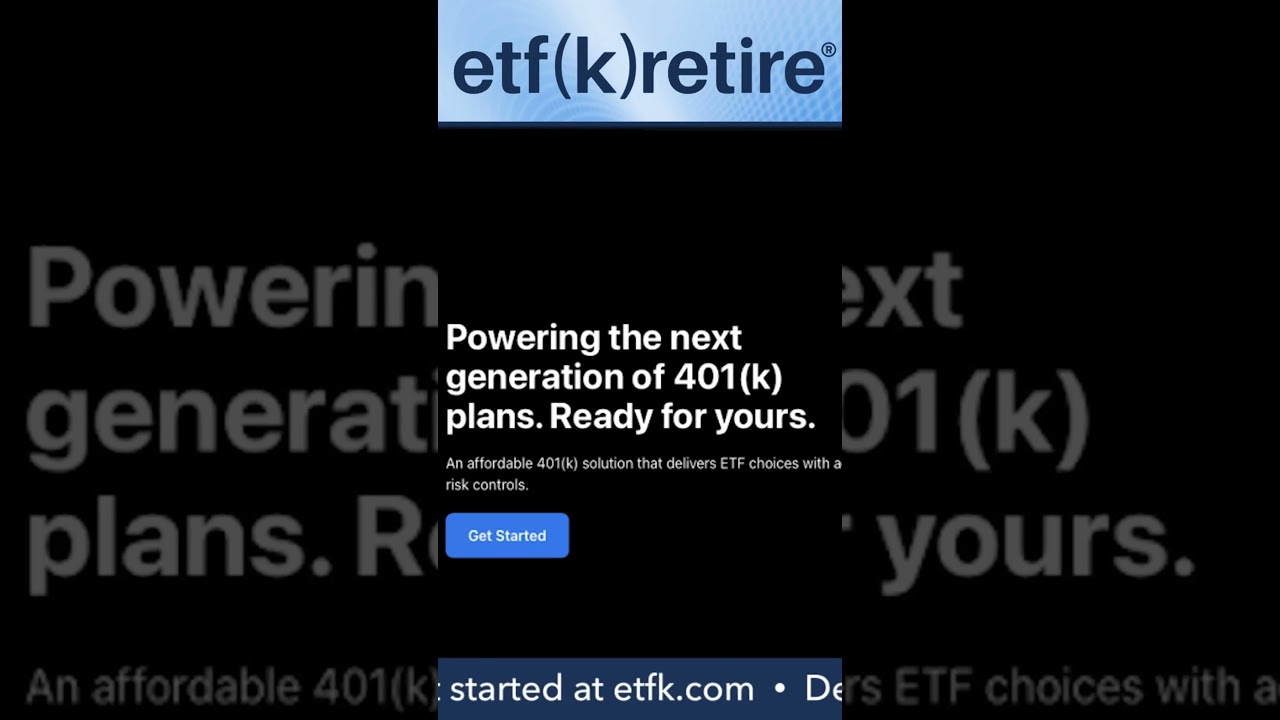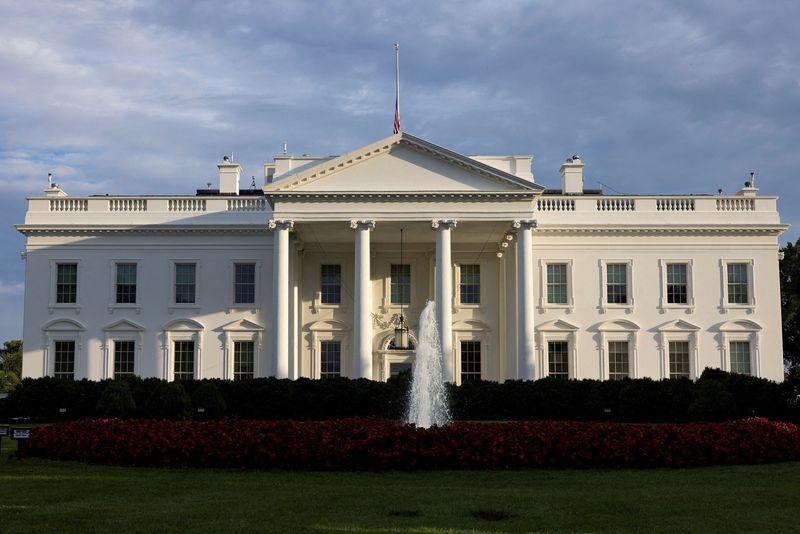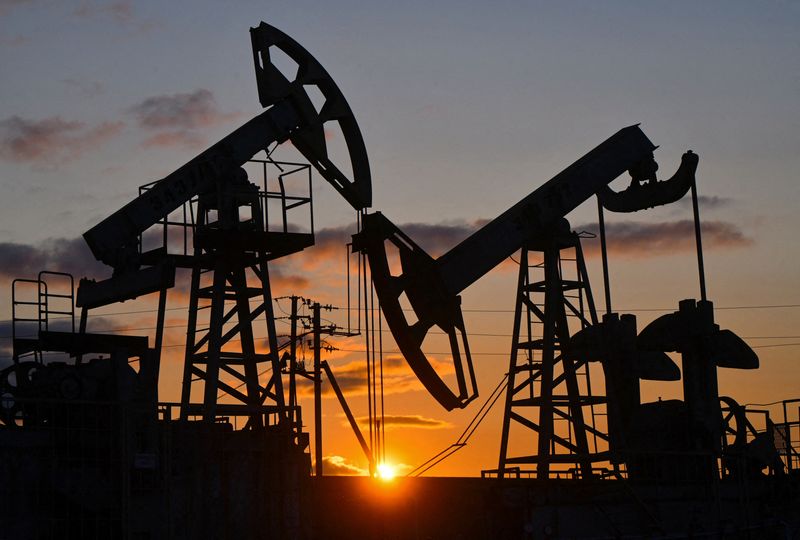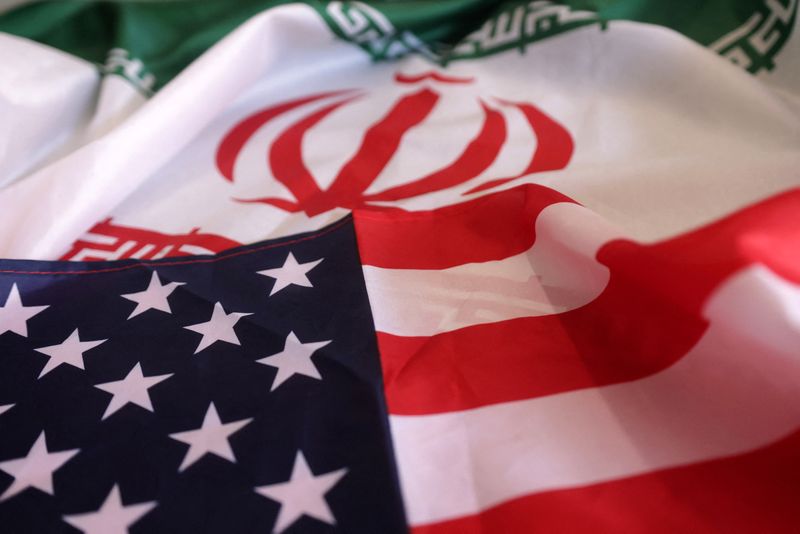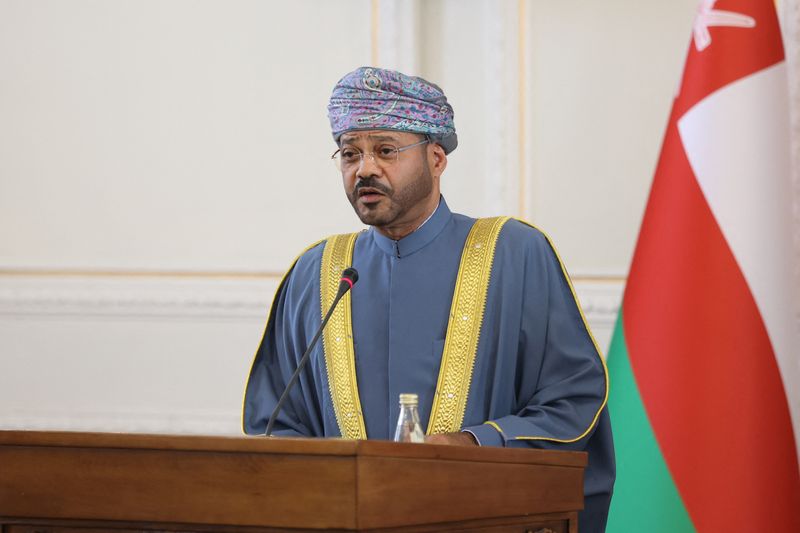Flexport Ryan Petersen CEO on Trump’s tariffs and the uncertain future of global trade
Ryan Petersen, CEO and founder of Flexport, speaks to Fortune about the pressures tariffs place on American businesses.

Since “Liberation Day,” Ryan Petersen has talked to more than 100 customers on Zoom. Petersen, CEO and founder of supply chain logistics unicorn Flexport, says businesses of all kinds are worried.
“The most striking thing has been the number of companies that have told me they’re going to go out of business, just fail and go bankrupt,” said Petersen. “I would say 80% of the companies that import just from China, nowhere else, will go bankrupt over the next six months if they don’t do something.”
Key retailers, both online and brick-and-mortar, make up a “huge percentage” of companies in the crosshairs, said Petersen.
“These are companies that were built over decades or longer, but iconic American brands will fail,” he told Fortune. “Nobody can really believe it.”
Trump’s constantly-shifting tariff plans have been nothing short of seismic. Tariffs are expected to raise consumer prices by more than 2% this year—which translates to an extra $3,800 in annual household spending—and have inconsistently affected everything from smartphones to toys. Petersen has been incredibly vocal about the tariffs on X, as Flexport’s customers are directly impacted. (Retailers of all kinds use Flexport’s platform to order management, freight forwarding, and customs management.)
“Survival isn’t good enough for us, we’ve got to thrive, but it’s a difficult world right now,” he said. “I’m not really worried about Flexport, but I’m worried about our customers. Some of these stories are really sad. We’ve got to get these tariffs turned around so that they don’t die. It’s an own goal.”
Flexport, Petersen says, is in a good position—he estimates that the tariffs push back the company from reaching profitability by six months to a year. Flexport has had its share of ups and downs through the years, facing rapid growth that cycled into layoffs. Petersen himself put plans in place to step aside as CEO in 2022 (taking on an executive chairman role), with former Amazon executive Dave Clark taking the helm—only for Petersen to be back as CEO by Sept. 2023.
Today, the company, Petersen told Fortune, is moving in the right direction now, and “planning to end the year with really strong cash-free cash flow.” Reducing its reliance on China, Flexport has offices in places like Thailand, Taiwan, Singapore, Vietnam, Malaysia, Mexico, and India.
"China used to be a much bigger percentage of our business than it is now,” he said.
Still, China remains a place where many Flexport customers do much (or all) of their manufacturing. With Trump’s China tariff coming in at a 145% combined rate and China’s 125% tariff response, there’s a standoff that’s playing out in real-time before our eyes. Petersen thinks China has the edge when it comes to waiting this out.
“I think Trump is as iron-willed as anyone, but the American system has way more feedback loops than the Chinese system,” said Petersen. “They’ve been through much tougher forms of hardship over the last 100 years. Some unemployment? They’ll be fine."
He continued: “The American people, when faced with unemployment, are used to the Fed bailing us out, printing a whole bunch of money to mitigate the problem. Maybe the Fed will do that, but you can’t print money out of a supply chain crisis.”
Petersen thinks the Trump administration’s trade policies ultimately could net out well over time—the negotiation remains in progress, he notes. He also expressed optimism about where global trade is heading long-term, citing history.
“We’ve got 800 years of history with global trade going up,” said Petersen. “There are a few moments where it went down—World War II, World War I, the Great Financial Crisis of 2008. It went down with the Black Death, but other than that it’s been up and to the right. The Black Death doesn’t show up on the long-term graph—and 30% of the population died. If you play this out, companies will want to do more business globally, not less. The governments may try to rein us in. Then, those governments get voted out of power, because people want to do trade.”
See you tomorrow,
Allie Garfinkle
X: @agarfinks
Email: alexandra.garfinkle@fortune.com
Submit a deal for the Term Sheet newsletter here.
Nina Ajemian curated the deals section of today’s newsletter. Subscribe here.
This story was originally featured on Fortune.com




